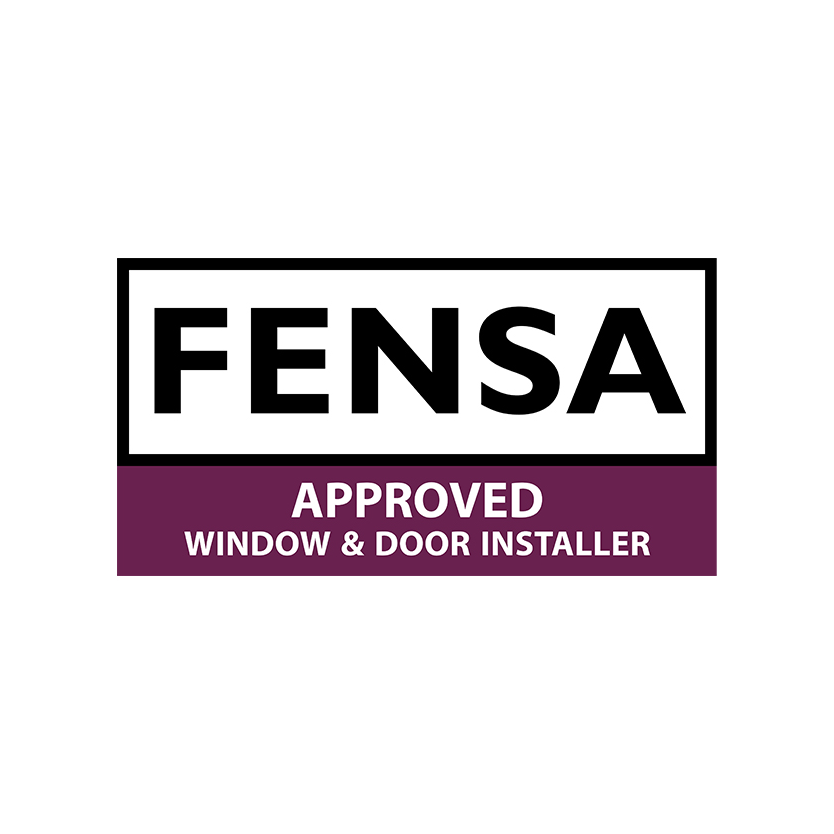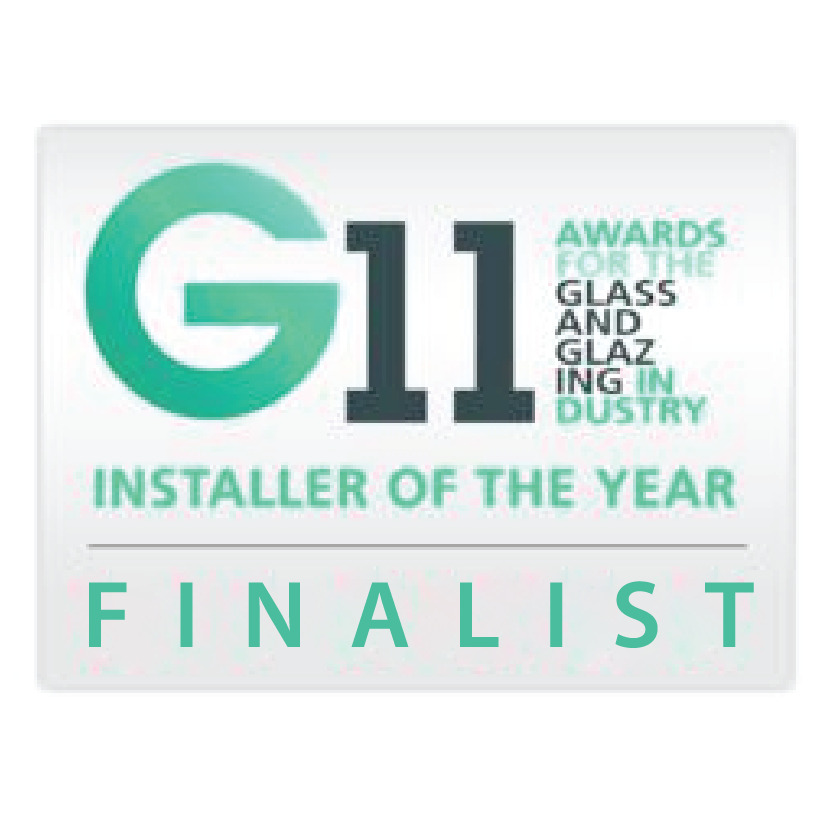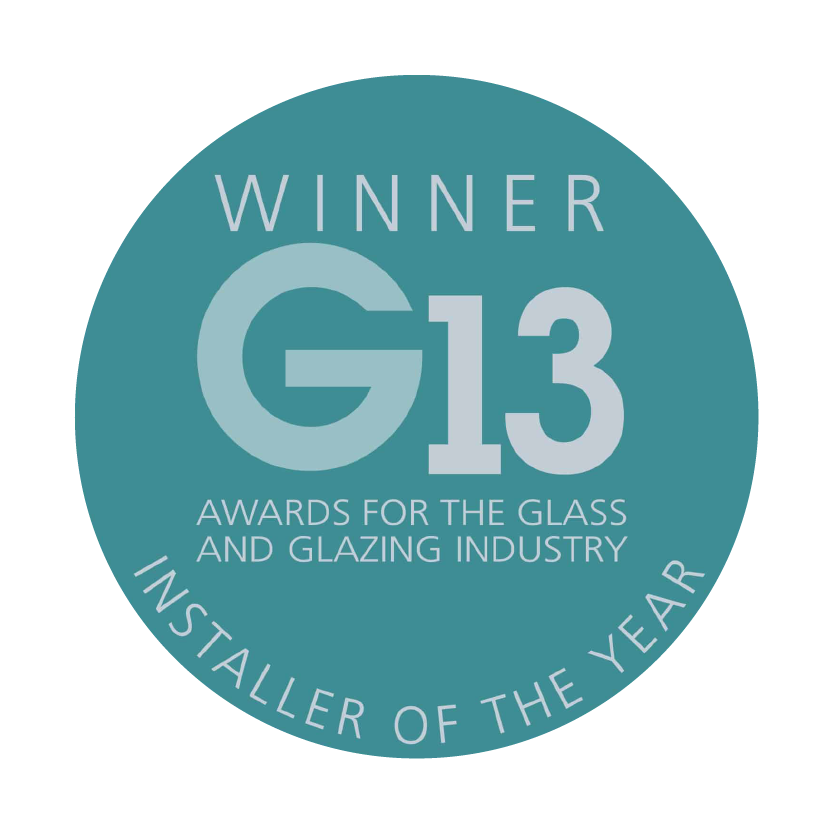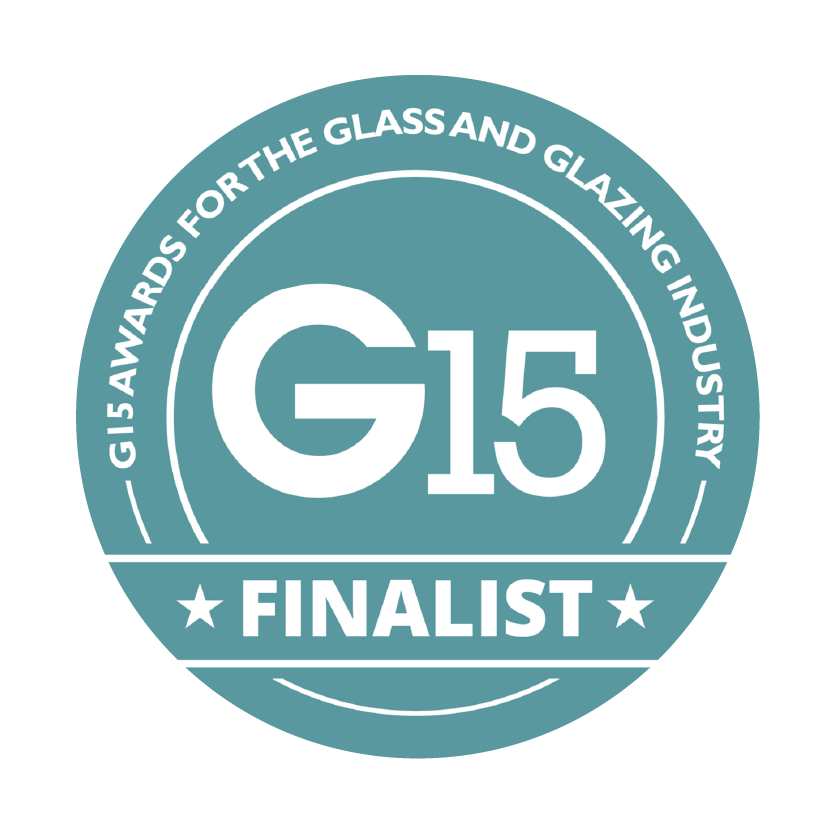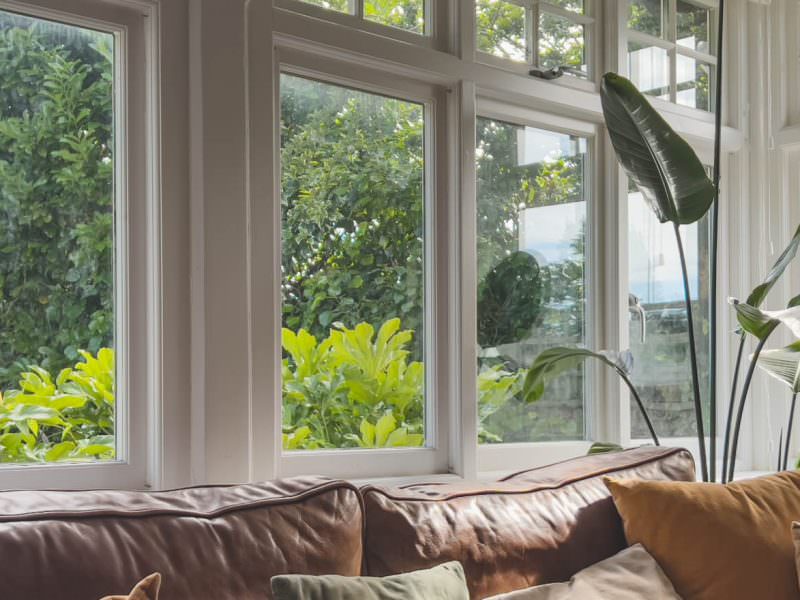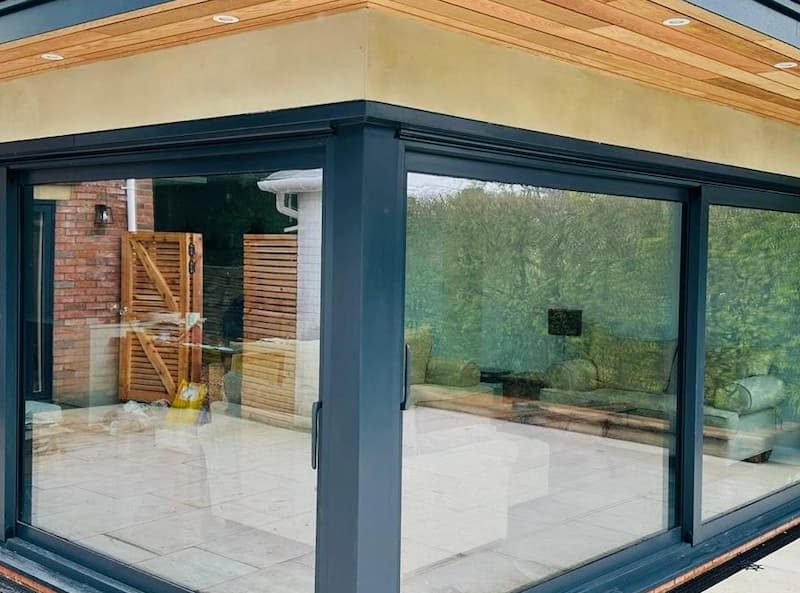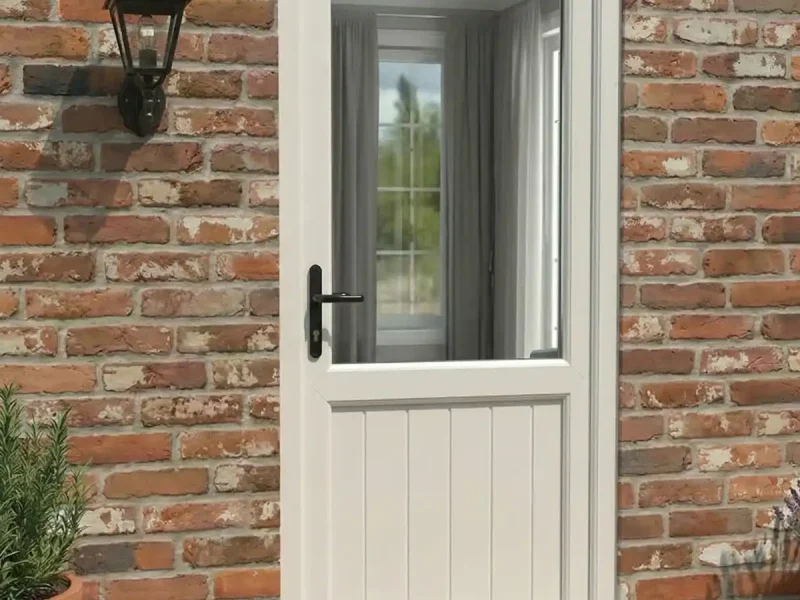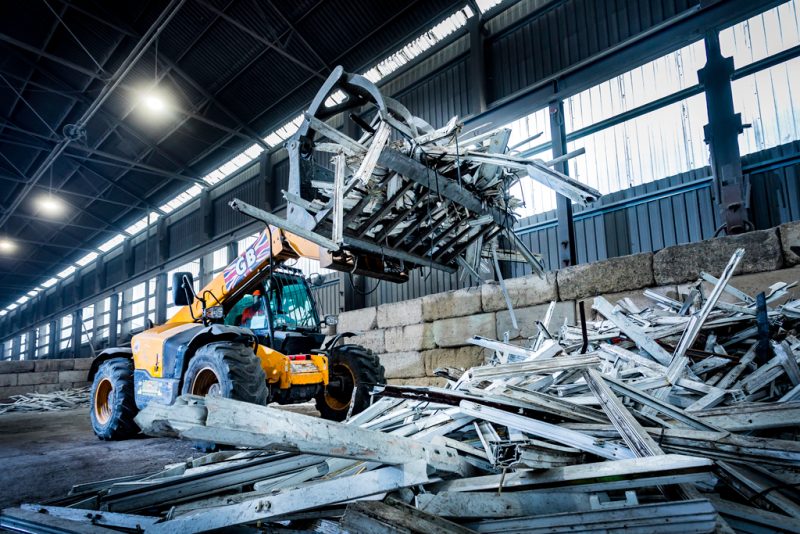
Timber - PVC - Aluminium - Windows, Doors & Conservatories in Hampshire
Recycled uPVC Windows
Recycled uPVC Windows
In the race for a greener home, the answer might already be in your frames. While timber often gets the eco-glory, modern recycled uPVC is the silent sustainability champion. Discover how “closed-loop” technology transforms old frames into high-performance windows that can last up to 400 years—without sacrificing style or security.
🔑 Key Takeaway
Don’t confuse “Recycled” with “Weaker”.
Recycled uPVC actually forms a super-strong inner core for your windows. By combining this with a virgin outer skin, KJM Group delivers a window that is A++ rated for efficiency, indistinguishable from new plastic, and capable of being recycled up to 10 times (approx. 400 years) without losing structural integrity.
💰 Can Recycled Windows Save Me Money?
Sustainability isn’t just about saving carbon; it’s about thermal efficiency. Interestingly, modern recycled profiles often perform better than older virgin profiles.
Our recycled profiles utilise multi-chambered technology. The honeycomb structure inside the frame traps pockets of air, acting as a natural insulator. This barrier stops heat from escaping your home and cold air from entering.
By upgrading to KJM’s recycled specification, you aren’t just closing the loop on waste; you are likely upgrading to an A or A++ Energy Rated window.
💡 Pro Tip: For the ultimate energy-saving performance and sound reduction, consider pairing these eco-friendly frames with our Triple Glazing options.
♻️ Sustainability Showdown: Recycled uPVC vs. Rivals
How does recycled uPVC really compare to timber and aluminium over a 40-year period?
| Feature | Recycled uPVC | Timber | Aluminium |
|---|---|---|---|
| Lifespan Potential | 400 Years (10x Recycled) | 50-60 Years (Rot Prone) | 40-50 Years |
| Maintenance | Low (Wipe Clean) | High (Paint/Varnish) | Medium (Oxidisation risk) |
| Recycling Energy | Lowest (Low melt point) | Low (Biomass/Chip) | High (High melt temp) |
| Thermal Efficiency | ⭐⭐⭐⭐⭐ (A++) | ⭐⭐⭐⭐ | ⭐⭐⭐ (Conductive) |
⚙️ How Your Old Windows Are Reborn
We follow a strict “Closed-Loop” process to ensure zero waste:
- 1. Extraction & Collection: We remove your old frames and transport them to a Recovinyl-certified facility, diverting them from landfill.
- 2. Shredding & Separation: The frames are shredded. Advanced magnets and airflow systems separate metals (handles, hinges) and rubber seals from the white PVC.
- 3. Granulation & Purification: The PVC is ground into tiny “pellets” or granules and washed to remove any impurities.
- 4. Co-Extrusion: These recycled pellets are melted down to form the strong inner core of your new window profile.
- 5. Virgin Skin Finish: A thin layer of new (virgin) uPVC is applied to the surface, ensuring your frames stay white and glossy for decades.
🎨 Myth-Busting: Does Recycled uPVC Look Different?
One of the biggest misconceptions is that recycled uPVC windows look off-white, grey, or “grainy.” This is a myth.
Because of the co-extrusion process mentioned above, the recycled material is strictly used for the internal reinforcement (the parts you don’t see). The external surface—the “skin” of the window—is always made from virgin, high-grade uPVC.
The Result? You get the exact same pristine finish as a standard window. This means you also have access to KJM’s full range of styles, including:
- Pristine Gloss White
- Realistic Woodgrain Foils (Rosewood, Oak)
- Modern Colours (Anthracite Grey, Chartreuse, Black)
Frequently Asked Questions
Recycled uPVC refers to Polyvinyl Chloride that has been un-plasticised and recovered from old window frames, door panels, or production off-cuts. This waste material is processed, cleaned, and remelted to create the core of new window profiles (often called closed-loop recycling).
No. Leading systems ensure that the recycled uPVC forms the inner core of the profile, while a thin layer of virgin (new) uPVC is extruded onto the exterior. This guarantees the structural integrity, thermal efficiency, and surface finish are identical to 100% virgin material.
According to the Building Research Establishment (BRE), uPVC can be recycled over 10 times without any impact on performance. With a service life of 35–40 years per cycle, this gives the material a potential useful life of up to 400 years.
uPVC is highly sustainable due to its longevity and closed-loop recyclability. It also offers the fastest financial payback on heating bills due to superior thermal performance compared to standard aluminium or timber, directly lowering your domestic carbon emissions.
We are committed to minimising landfill waste. We separate and recycle all components: glass, steel/aluminium reinforcements, and the uPVC frames. The uPVC is directed to specialist recycling facilities (like those certified by Recovinyl) to re-enter the manufacturing stream.
- Certified Fire Doors: The Firecore Collection - 15 January 2026
- Premium Hardware for Profile 22 Doors: Ultion Sweet & Fab&Fix - 15 January 2026
- 2026 Design Trends: The 4 Window & Door Styles Defining the Year - 19 December 2025

